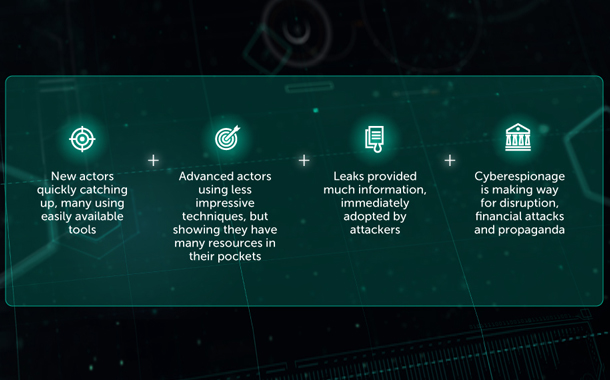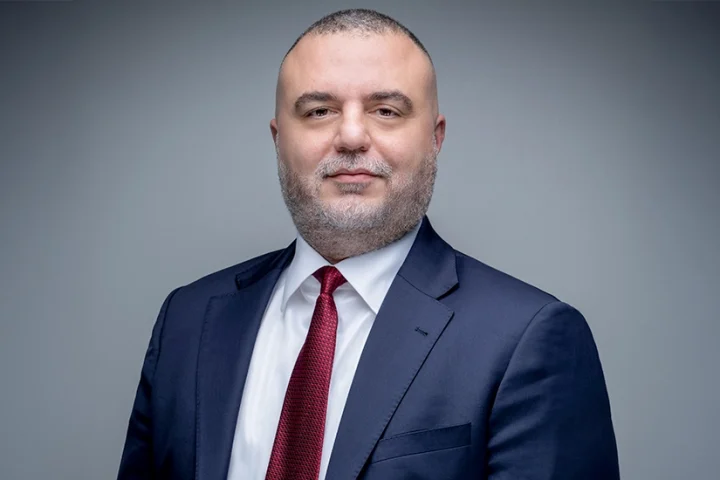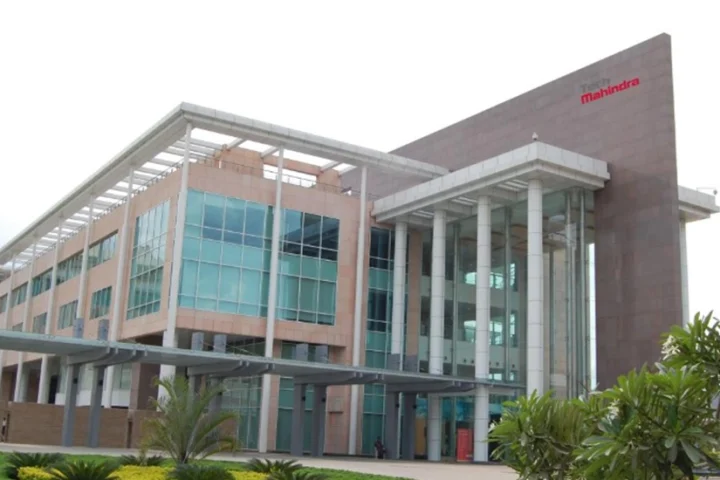Kaspersky security researchers have reported on thousands notifications of attacks on major banks located in the Sub-Saharan region of the African continent. The malware used in the attacks indicates that the threat actors are most likely to be an infamous Silence hacking group, previously known to be responsible for thefts of millions of dollars from banks across the world.
The Silence group is one of the most active Advanced Persistent Threat, APT, actors, which carried out a number of successful campaigns targeting banks and financial organisations around the globe. The typical scenario of the attack begins with social engineering scheme, as attackers send phishing e-mail that contains malware to a bank employee.
From there the malware gets inside the banks’ security perimeter and lays low for a while, gathering information on the victim organisation by capturing screenshots and making video recordings of the day to day activity on the infected device, learning how things work in the targeted banks. Once attackers are ready to take action, they activate all capabilities of the malware and cash out using, for example, ATMs. The score sometimes reaches millions of dollars.
The attacks detected began on the first week of January 2020 and indicated that the threat actors are about to begin the final stage of their operation and cash out the funds. To the date, the attacks are ongoing and target large banks in several countries in Africa.
The researchers attribute the attacks to the Russian speaking Silence group based on the malware used in the attacks, which was previously used solely in the group’s operation. In addition, the language of the malware is Russian: threat actors attempted to slightly cover this fact by typing Russian words using English keyboard layout.
Kaspersky detects the malware used in the operation as HEUR:Trojan.Win32.Generic, PDM:Exploit.Win32.Generic.
To protect from this and similar attacks, we financial organisations apply the following measures:
- Introduce basic security awareness training for all employees so that they can better distinguish phishing attempts.
- Monitor activity in enterprise information systems information security operations centre
- Use security solutions with dedicated functionality aimed at detecting and blocking phishing attempts. Businesses can protect their on-premise email systems with targeted applications
- Provide your security team with access to up to date threat intelligence data, to keep pace with the latest tactics and tools used by cybercriminals.
- Prepare Incident response plan to be ready for potential incident in network environment.
“Silence group has been quite productive in the past years, as they live up to their name: their operations require an extensive period of silent monitoring, with rapid and coordinated thefts. We noticed a growing interest of this actor group in banking organisations in 2017 and since that time the group would constantly develop, expending to new regions and updating their social engineering scheme,” said Sergey Golovanov, Security Researcher at Kaspersky. “We urge all banks to stay vigilant, as apart from the large sums Silence group also steal sensitive information while monitoring the Banks activity as they video record screen activity. This is a serious privacy abuse that might cost more than money can buy.”























